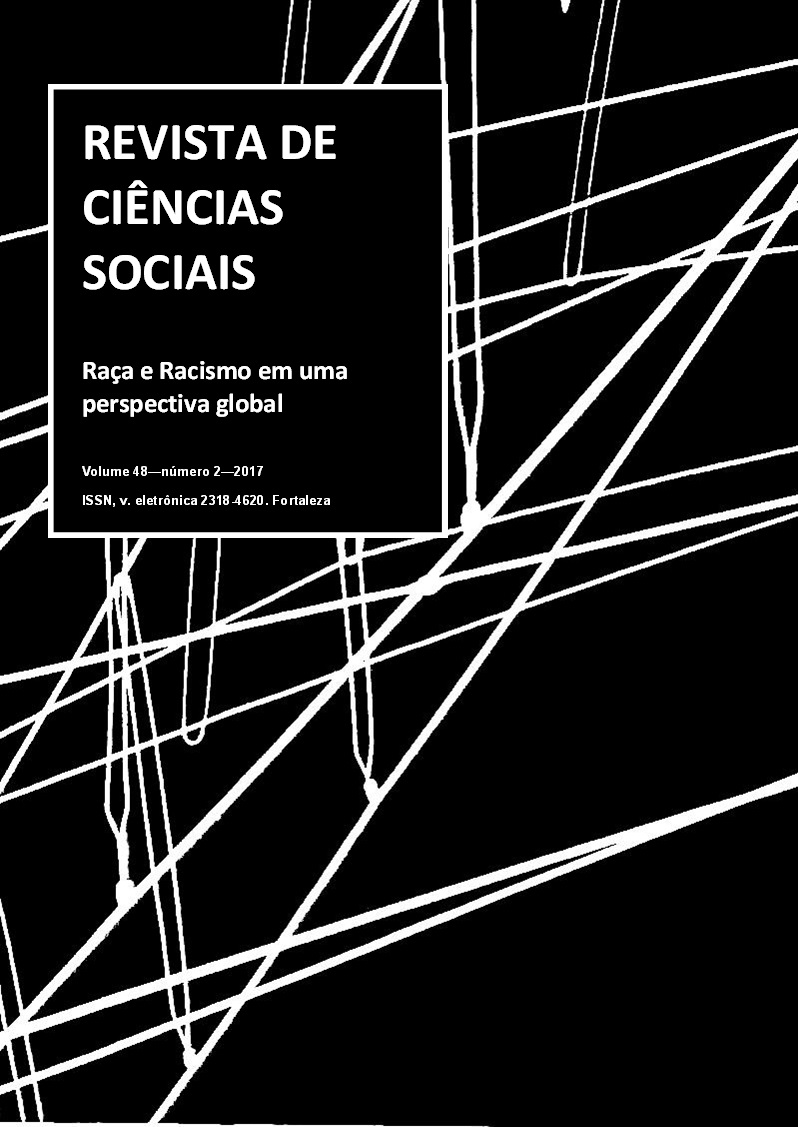Post Development and the Re-Founding of Social Utopias
Keywords:
Post-Development, Social Utopias, Natural Resources ExhaustionAbstract
The relationship between post-development and refoundation of social utopias is based on two tesis: one, that the theoretical categories of development are losing explanatory and normative effectiveness as the deterioration of sociological indicators (exclusion, violence, drugs, environmental degradation, reduction of civic and community solidarity, among others) is widening, not being this deterioration compensated by the advance of material production of wealth that, in addition, continues being progressively appropriated by a minority. The other tesis, which is articulated with the previous one, is that there is an exhaustion of the natural resources necessary to maintain a growing rhythm of economic progress. The disappearance of fresh water reserves and forests directly impacts on large and small agricultural properties and on the reproduction of the human survival chain. To this physical exhaustion that denounces the myth of the abundance of natural wealth - and which stimulated the depredation of social, cultural and environmental nature by coloniality policies - we must add the perverse effects of concentration of profits through financial capitalism that extends its territory of action by the increasing control of lands and productive resources that now are directly to the speculation.References
ADORNO, T. e Horkheimer (1985) Dialética do esclarecimento.
Rio de Janeiro: Zahar
ARENDT, H. (1963) Eichman in Jerusalem : A Report on the
Banality of Evil, New York, The Viking Press.
Bachelard, G. (1985) L’intuition de l’instant. Paris: Denoel.
BALANDIER, G. (1997) A desordem. Elogio do movimento, Rio
de Janeiro, Ed. Bertrand Russel.
CAILLE, A. (1989) Critique de la raizon utilitaire. Paris : La
Découverte.
________ (2014) Notre problème fondamental, c’est l’énoncé
d’une pensée politique In Reporterre : le cotidian de l’écologie.
http://www.reporterre.net/spip.php?article6366
CASTORIADIS, C. (1982) A instituição imaginaria da sociedade.
Rio : Paz e Terra
ESCOBAR, A. (2010) Una minga para el posdesarrollo. Lugar,
medio ambiente y movimientos sociales en las transformaciones
globales. Lima : Editorial de la Universidad de San Marcos.
ESTEBA, G. Y Prakash, M.S. (1998) Grassroots : postmodernism.
London/New York : Zed Books.
FOUCAULT, M. (2010) El cuerpo utópico. Las heterotopías.
Buenos Aires : Nueva Visión.
GUDYNAS, E. (2011) Debates sobre el desarrolloy sus
alternativas en América Latina:Una breve guía heterodoxa En
«Más allá del desarrollo», Grupo Permanente de Trabajo sobre
Alternativas al Desarrollo (M. Lang y D. Mokrani, eds.),
Fundación Rosa Luxeumburgo y AbyaYala, Quito
_________ (2012) Más allá del nuevo extractivismo: transiciones
sostenibles y alternativas al desarrollo In F. Wanderley (Org.) El
desarrollo en cuestión. Reflexiones desde América Latina. Bogotá:
CIDES-UMSA/Oxfam.
HOUTARD, F. 2013) El bien comúm de la humanidad. Quito :
Editorial IAEN.
ILLICH, I. (1973) La convivencialidad ISBN 968-27-0486-3
LATOUCHE, S. (2009) Pequeno tratado de decrescimento
sereno. São Paulo : Martins Fontes.
MARTINS, P.H. (1992). Prophétie économique et le mythe du
développement en Amérique Latina: le cas du Brésil. Paris.
Universidad de Paris I. IEDES. Tesis de doctorado
MANIFESTO CONVIVIALISTA. Declaração de
Interdependência (2009). São Paulo : Annablume.
MERLEAU-PONTY, M. (1982) Résumés de cours, Paris,
Gallimard.
MORIN, E. (1990) Introduction à la pensée complexe. Paris : ESF
Editeur.
________(1992) O método IV. As ideias : a sua natureza, vida,
habitat, e organização. Lisboa : Publicações Europa-América .
POLANYI, K. (2001)The great transformation. The political and
economic origins of our time. Boston: Beacon Press.
RANCIÈRE, J. O ódio à democracia. São Paulo : Boi Tempo.
SANTOS, B.S. (2000) A crítica da razão indolente. Contra o
desperdicio da experiência. São Paulo, Cortez Editora.
_________ (2008) A gramática do tempo. Para uma nova cultura
política. 2a. Edição. São Paulo : Cortez Editora.
WALLERSTEIN, I. (2003) Utopistica ou As decisões históricas
do século vinte e um. Petropolis : Vozes.
____________ (2007) O universalismo europeu. A retórica do
poder. São Paulo: Boi Tempo.
Downloads
Published
How to Cite
Issue
Section
License
Autores que publicam nesta revista concordam com os seguintes termos:- Autores mantém os direitos autorais e concedem à revista o direito de primeira publicação, com o trabalho simultaneamente licenciado sob a Creative Commons Attribution License, que permite o compartilhamento do trabalho com reconhecimento da autoria do trabalho e publicação inicial nesta revista.
- Autores têm autorização para assumir contratos adicionais separadamente, para distribuição não-exclusiva da versão do trabalho publicada nesta revista (ex.: publicar em repositório institucional ou como capítulo de livro), com reconhecimento de autoria e publicação inicial nesta revista.
- Autores têm permissão e são estimulados a publicar e distribuir seu trabalho online (ex.: em repositórios institucionais ou na sua página pessoal) a qualquer ponto antes ou durante o processo editorial, já que isso pode gerar alterações produtivas, bem como aumentar o impacto e a citação do trabalho publicado (Veja O Efeito do Acesso Livre).



